Texas GOP legislators to deliberate extensive voting restrictions
Texas lawmakers will consider new voting restrictions as part of a special legislative session pushed by the state’s Republican Governor Greg Abbott after Democrats blocked earlier versions of the controversial bill in a dramatic walkout.
Republican state senators introduced their latest version of the legislation, now known as SB 1, which was introduced on Saturday, provoking an outcry from Democrats and voter advocates who insist that it was being rushed through the legislative process to avert public scrutiny.
On May 30 during the regular legislative session, Democratic lawmakers denied Republicans the quorum needed to pass the original measures. It was a notable victory for Democrats, who have unsuccessfully fought a batch of similar laws passed since the beginning of the year in other Republican-controlled states across the US.
The timing of the hearings suggested they could occur simultaneously, making it difficult for opponents to testify on both measures, according to Anthony Gutierrez, Texas director of good-government watchdog Common Cause as quoted in a Reuters report.
The Republicans' new proposals in Texas overlap significantly with the original versions in limiting early voting hours, adding new identification requirements to mail-in voting and empowering partisan poll watchers. They do not include a controversial limit to Sunday early voting hours, which some Republican lawmakers claimed had been erroneously included in the original legislation.
This is while Democratic state senators called for a hearing on their own voting reform counter-proposal at a Friday press conference. Their bill would extend the early voting period, enable online voter registration, give voters a chance to fix mistakes on mail-in ballots and require that poll watchers receive training from the secretary of state.
Texas state Senator Royce West, a Democrat, said he hoped the legislature's Republican leaders would be willing to "strike compromises" between SB 1 and his party's alternate bill.
"Let me assure you, we'll do everything in our power to get a hearing on this bill," he said, though he admitted it was unlikely the Republican legislators would grant that wish.
Tel Aviv tells Damascus Israeli forces will remain in occupied territory: Report
Dec. 22: ‘Axis of Resistance’ operations against Israeli occupation
‘Abhorrent’: Oxfam says only 12 trucks delivered aid in North Gaza since Oct.
VIDEO | Leader receives religious eulogists on Hazrat Fatima birth anniv.
Pope Francis slams Israel’s ‘machine-gunning’ of Gaza children
US hostage-taking of Iranian nationals violation of intl. law: Deputy FM
VIDEO | Carol Singers for Palestine on London’s Parliament Square
Ansarullah says ‘Israeli terrorists’ incapable of confronting Yemen, warns of secret weapons


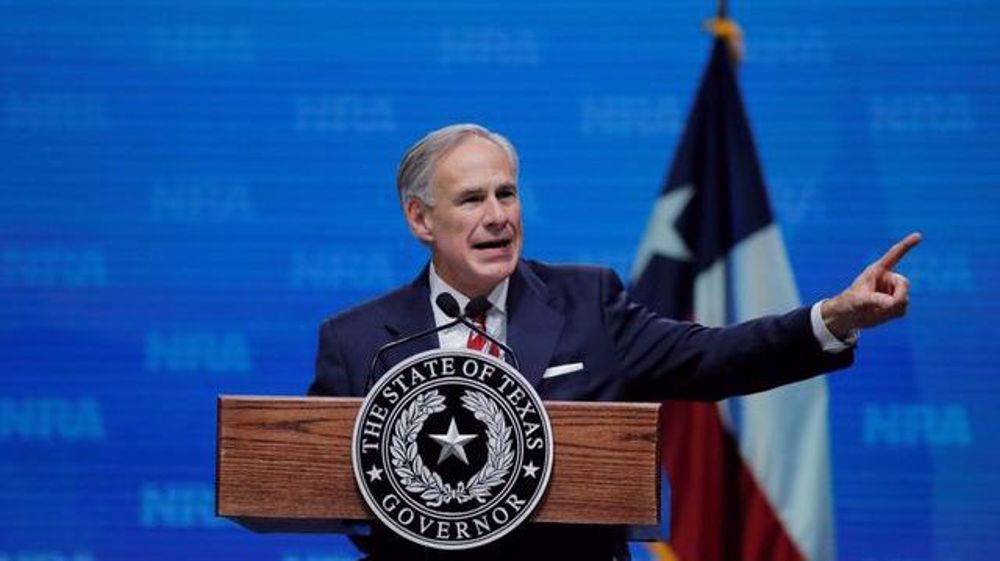
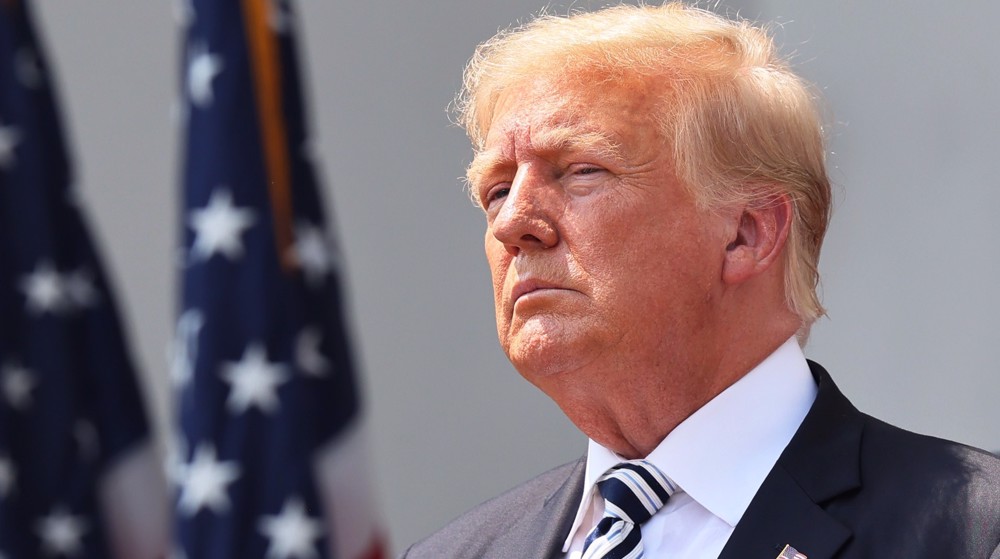






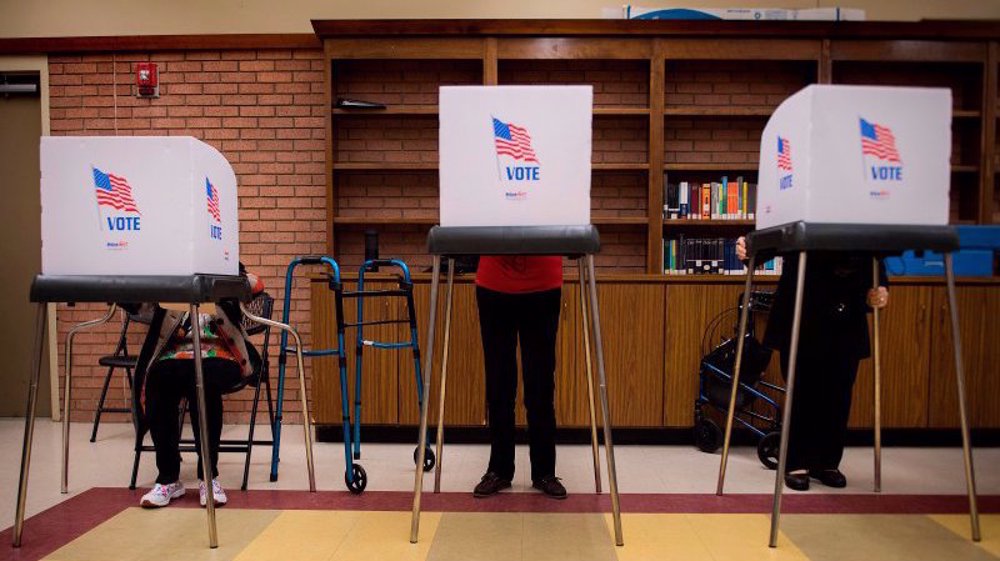
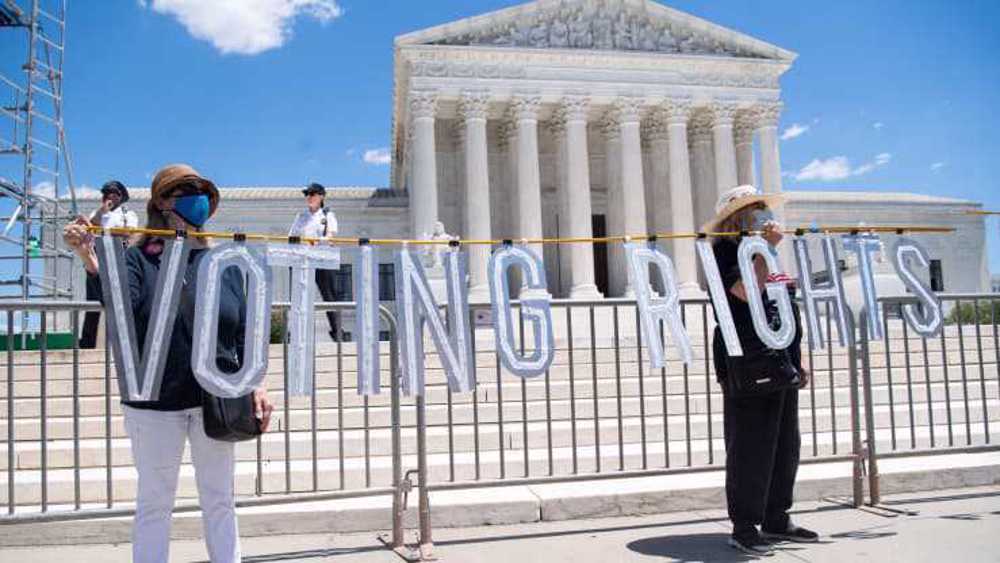
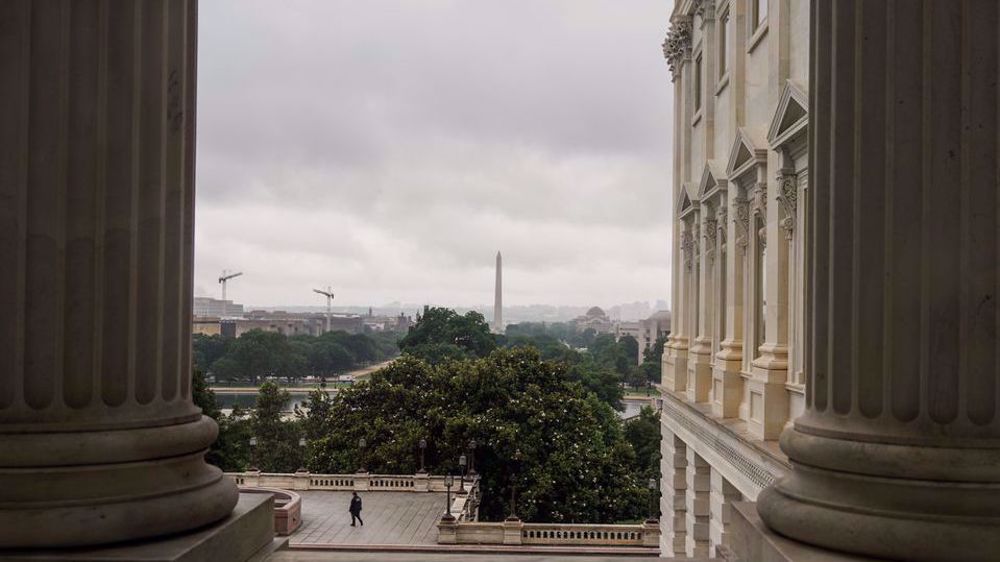

 This makes it easy to access the Press TV website
This makes it easy to access the Press TV website